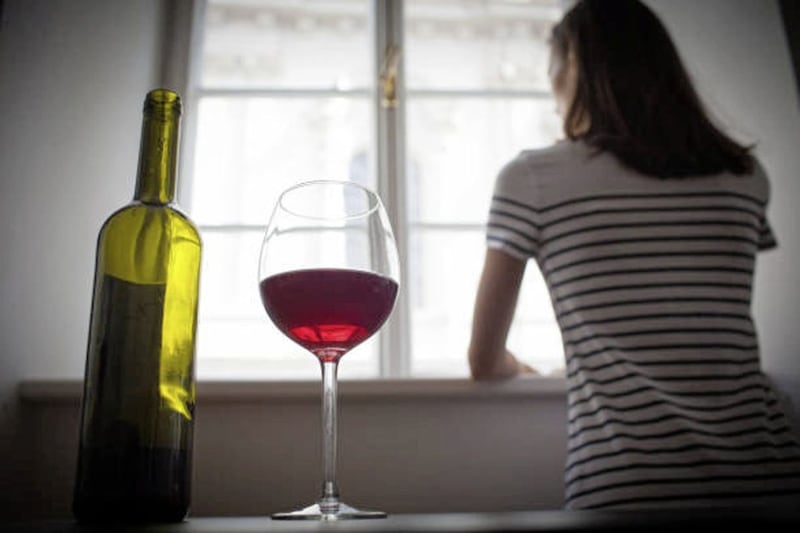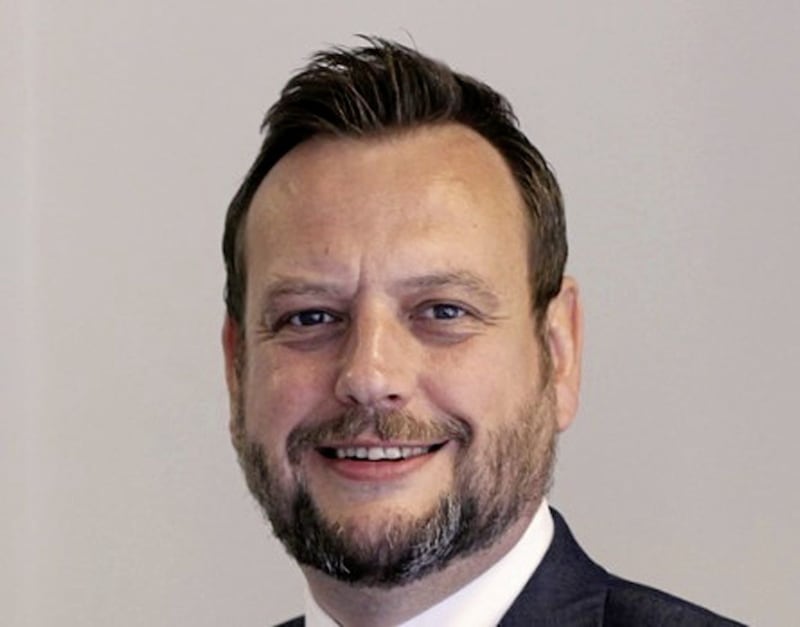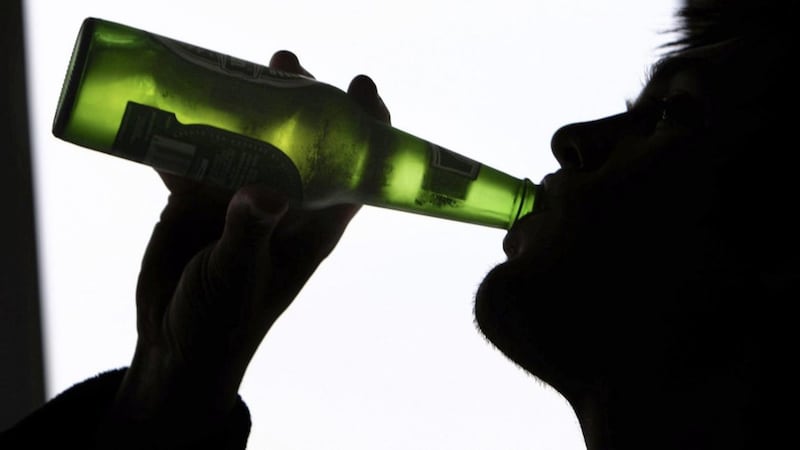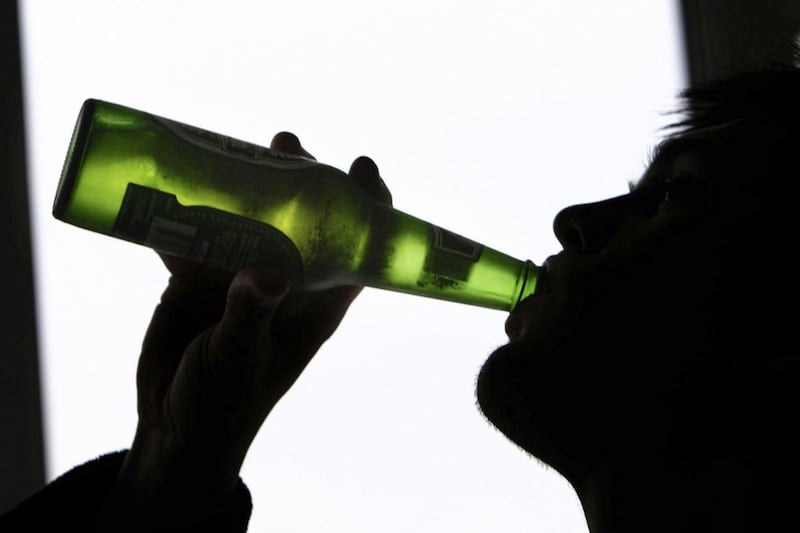ALCOHOL was used as a 'coping mechanism' during lockdown, a leading charity has said.
Deaths from alcohol have shot up by more than a third over the last decade and are now at their highest on record, figures from the Northern Ireland Statistics and Research Agency (Nisra) show.
According to the latest statistics, alcohol claimed the lives of 351 people in 2020 - almost one person a day.
In 2010, only 260 deaths were caused by the drug.
Drug and alcohol charity ASCERT told The Irish News that the rise in alcohol deaths is "an indicator of the increasing levels of harm from alcohol use in the wider community".
"Almost 80 per cent of adults in Northern Ireland drink, and almost one in five drink above recommended weekly limits, so we have a large population of people whose drinking could be harmful," ASCERT's chief executive Gary McMichael said.
Some campaigners have called for the executive to follow the Republic and Scotland in introducing a minimum price for alcohol.

In May 2018, Scotland became the first country in the world to bring in minimum unit pricing (MUP) for alcohol.
One study found that alcohol sales fell by almost 8 per cent in Scotland after the policy was introduced.
The Republic introduced its own minimum unit pricing from the start of the year. In 2018, the Republic also restricted alcohol marketing, including banning advertising on public transport.
The Department of Health said it will launch a consultation on MUP for alcohol early this year.
"The forthcoming consultation on MUP will examine a range of possible options in respect of alcohol pricing, including consideration of the emerging evidence of the effectiveness of MUP following its implementation in Scotland and elsewhere," a spokeswoman said.
"Any policy considerations arising from the consultation will be brought to the executive in due course."
However, no legislation is will be brought forward until after any assembly elections.

Mr McMichael said the charity was "broadly in favour" of minimum unit pricing "as there is evidence that this does reduce population levels of alcohol use".
"We do however have some concerns about the potential to adversely impact vulnerable people that are alcohol dependent," he said.
"Minimum unit pricing is only one measure to reduce availability of alcohol and more should be done to restrict alcohol advertising."
Mr McMichael said better services are needed for people suffering from alcohol dependence.
He said the pandemic has led to greater alcohol consumption.
"We have a real concern that the pandemic has increased the levels of alcohol consumption and frequency due to unregulated home drinking during lockdowns and people using alcohol as a coping mechanism for anxiety, stress and isolation," he said.
"Alcohol sales rocketed in 2020 and during the lockdowns about a third of our service users reporting using more alcohol than usual.
"The majority were also experiencing poor mental health.
"There are many more people that are drinking at levels that are causing them harm or they are at risk of becoming dependant but they are not ready or willing to change their drinking and we really need to encourage them to change their drinking behaviour to help avoid greater harm or addiction later on."


